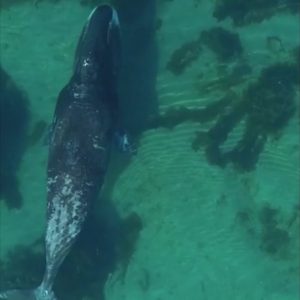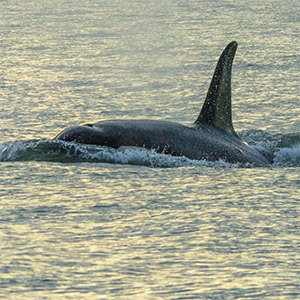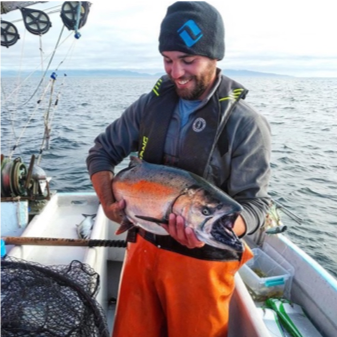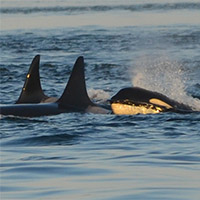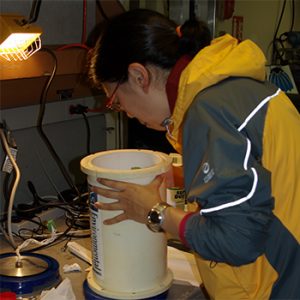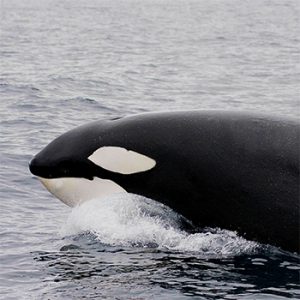Research into bowhead whales finds unique foraging behaviour
Understanding the needs of bowheads is a crucial first step taken to learn how they will respond to climate change.
What’s Killing Killer Whales?
Despite there being no singular common cause of death, the study found a common theme: Human-caused deaths occurred in every age class — from juveniles to subadults and adults.
New footage gives whale’s-eye view of northern and southern resident orcas
UBC and Hakai Institute researchers have just returned from a 30-day research trip in the northern and southern waters of Vancouver Island, where they gathered stunning new aerial and underwater footage of northern and southern resident killer whales that offers an unparalleled glimpse into the underwater lives of these whales. The research is part of […]
Swimming with the pod
For the past two weeks, Marine Mammal Research Unit (MMRU) researchers led by Dr. Andrew
Trites have been studying the feeding behaviours of northern resident killer whales.
Bowhead whales feed year-round in Cumberland Sound, Nunavut
Satellite telemetry and time-depth recorders are providing new and surprising insights into the secret lives of bowhead whales
Aerial drones offer new perspective on resident killer whale behaviour
Scientists got a rare glimpse into the underwater behaviour of killer whales off the B.C. coast, with the help of aerial drones.
Studying the Spring salmon to help protect BC ecosystems
Chinook, also known as Spring salmon, stocks in have been in decline, which has implications for entire BC marine food web
Protecting Canada’s endangered whales through scientific research and collaboration
Dr. Andrew Trites will receive $1 million over five years for research on Southern Resident Killer Whales
Using sound to unravel how animal behavior in complex environments
MMRU Research Associate, Mei Sato, uses bio-acoustic data to study the interactions between Chinook salmon and killer whales
Climate change fuels accumulation of pollutants in Chinook salmon, killer whales
Southern resident killer whales that exist along the Pacific Northeast Coast eat Chinook salmon, and these two predators are impacted by increased pollutant bioaccumulation driven by climate change
